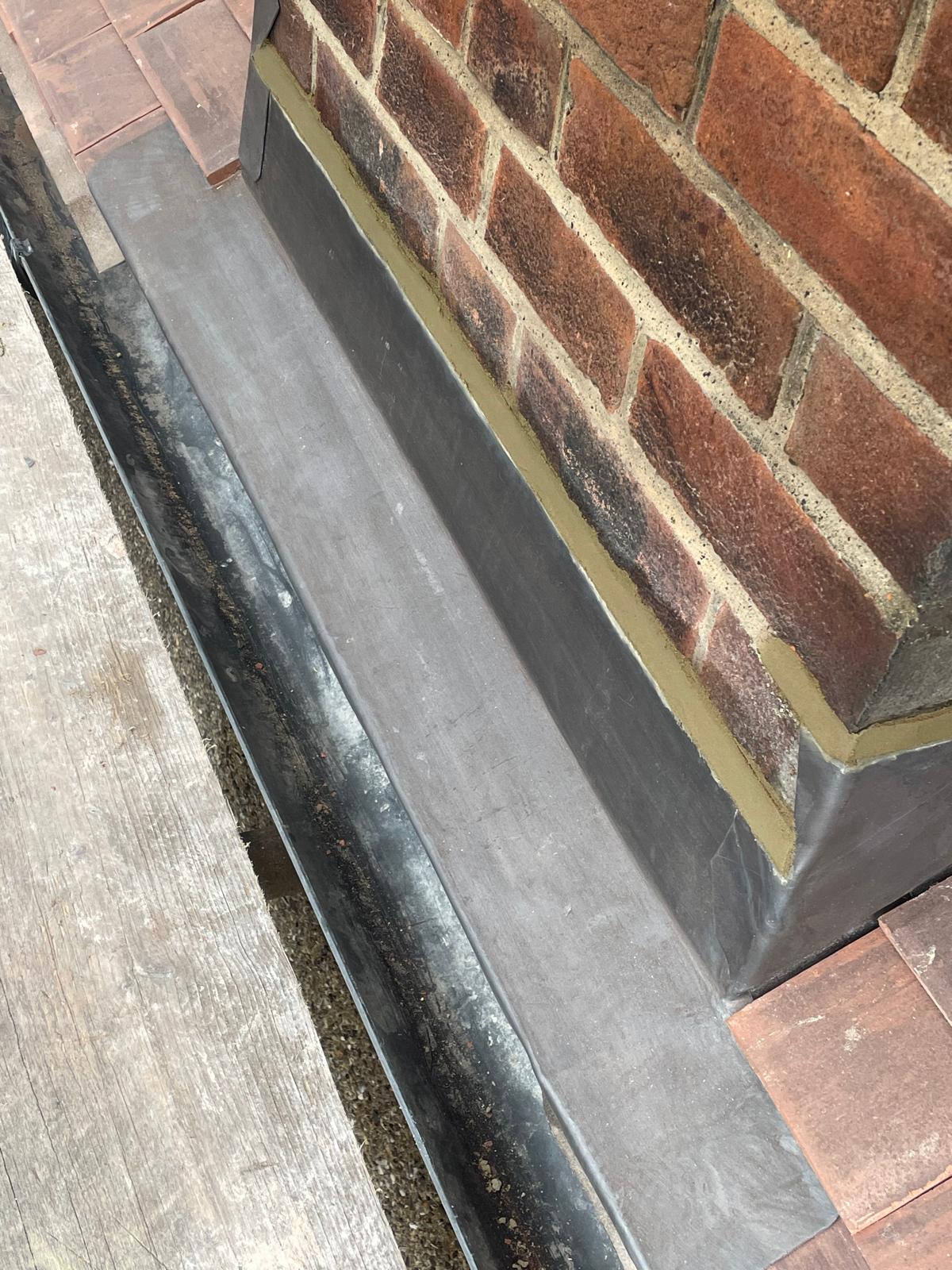Proper waste disposal following roofing repairs is a critical aspect of maintaining environmental compliance and site safety. Roofing companies in Essex face unique challenges, from managing varied types of construction debris to adhering to strict local and national regulations. This guide explores how roofing firms effectively handle waste disposal, ensuring responsible practices that protect the environment while optimising cost and operational efficiency.
Overview of Roofing Waste Management in Essex
Roofing repairs generate a diverse array of waste materials including timber offcuts, metal scrap, broken tiles, roofing felt, and insulation debris. Successfully managing this roofing waste involves diligent debris removal and waste reduction strategies right from the site cleanup phase. Construction waste can accumulate rapidly if not correctly handled, leading to costly delays and environmental penalties.
Essex roofing companies prioritise organised waste management systems that separate roofing scrap and residual waste. This minimises landfill contributions and facilitates recycling wherever possible. Effective waste minimisation also reduces bulk waste volumes, easing transportation and disposal challenges while aligning with Essex’s environmental goals.
By adopting robust waste collection and sorting protocols on-site, roofing teams achieve cleaner, safer work areas and contribute to sustainable construction initiatives across the county.
Legal and Environmental Compliance for Roofing Waste Disposal
In Essex, roofing contractors must navigate comprehensive building regulations and environmental compliance requirements when disposing of roofing waste. These rules mandate responsible handling of waste materials to prevent soil contamination, protect municipal waste streams, and avoid potential fines.
A key component of compliance is securing the appropriate waste permits and maintaining detailed waste transfer notes. Such documentation ensures traceability from the roofing site to licensed disposal or recycling facilities. Failure to comply with these regulations can result in legal action, financial penalties, and reputational damage.
Asbestos and Hazardous Waste Disposal
Special consideration is given to hazardous materials like asbestos found in older roofs. Asbestos removal demands certified professionals equipped with proper health and safety training following stringent waste treatment protocols. Contaminated waste requires controlled handling to mitigate risks to workers, residents, and the environment.
Essex roofing companies partner with licensed hazardous waste handlers to safely dispose of asbestos-containing roofing components. They employ protective equipment and adopt sealed containment during removal to adhere to health and safety legislation effectively.
Step-by-Step Process of Roofing Waste Disposal
Managing roofing waste after repairs involves a clear, multi-step process to ensure thorough segregation, lawful disposal, and minimal environmental impact.
Waste Segregation and Sorting at Construction Sites
On-site sorting is fundamental to successful waste management. Roofing companies separate materials such as timber waste, metal roofing scrap, plastic elements, roofing felt, tiles, and old shingles into designated bins or containers. Packaging waste and roofing insulation debris are also sorted separately to facilitate specialised treatment or recycling.
This segregation improves overall waste tracking and ensures that recyclable materials are diverted from landfill streams. It also reduces cross-contamination that could complicate disposal processes or trigger regulatory breaches.
Use of Skip Hire and Bulk Waste Removal Services
Skip hire services play a vital role in transporting bulk roofing waste efficiently. Contractors select appropriately sized skips based on the volume and types of domestic or commercial waste generated. Using reputable skip hire operators familiar with local regulations helps manage waste disposal costs and ensures material reaches authorised facilities.
Scheduling regular waste collections and coordinating skip exchanges minimise on-site clutter and maintain a safe working environment throughout the roofing repair project.
Sustainable Practices in Roofing Waste Management
Sustainability-minded roofing companies in Essex are increasingly adopting green waste minimisation strategies. Recycling roofing materials such as metal scrap and tiles through dedicated waste recycling centres reduces landfill dependency and conserves natural resources.
Waste audits help identify high-volume waste streams and opportunities for reduction, enabling companies to implement targeted sustainability programmes. Additionally, some firms explore innovative reuse of suitable roofing materials in other construction applications, further supporting circular economy principles.
By embedding waste recycling and minimisation into their operational ethos, roofing companies contribute positively to Essex's environmental commitments and attract clients prioritising eco-friendly construction.
Health and Safety Considerations During Waste Disposal
Maintaining high health and safety standards is imperative during waste disposal activities. Roofing contractors must control noise pollution and dust generation at Essex flat roof restoration the site to protect workers and surrounding communities.
Contractors are responsible for training staff in proper waste handling procedures, including the use of personal protective equipment (PPE) and safe manual handling techniques. Ensuring tidy demolition waste management reduces hazards associated with sharp objects and unstable debris piles.
Regular site inspections and adherence to health and safety legislation reduce accident risks and reinforce contractor accountability in roofing waste disposal operations.
Cost Implications and Contractor Responsibilities
Waste disposal represents a significant cost element in roofing repair projects. Contractors need to estimate expenses related to skip hire, waste permits, transport, and landfill or recycling fees accurately.
They are also responsible for maintaining all required paperwork such as waste transfer notes and ensuring full compliance with waste disposal legislation. Transparent communication about waste management costs and responsibilities helps build trust with clients and local authorities.
Prudent contractors integrate waste disposal planning early in the repair process to optimise budgets and avoid unexpected charges while fulfilling their legal obligations.

Conclusion
In Essex, effective roofing waste disposal after repairs is a multifaceted process requiring careful attention to legal compliance, environmental stewardship, and operational efficiency. By following structured waste segregation, partnering with licensed waste handlers, roofing companies Essex and embracing sustainable practices, roofing companies can manage roofing waste responsibly while safeguarding health and reducing costs. Property owners and contractors alike benefit from understanding these procedures to ensure roofing projects conclude with clean, compliant waste removal. For roofing firms seeking to improve their waste management systems, investing in training, documentation, and eco-friendly solutions is essential to meet Essex’s evolving standards and client expectations.